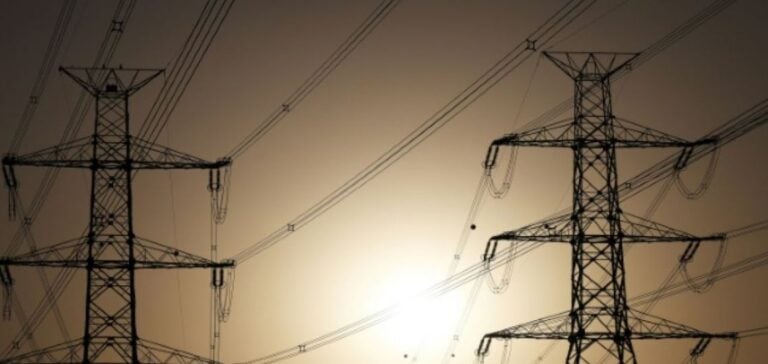Kuwait, located in one of the world’s hottest regions, faces unprecedented energy challenges. With temperatures reaching 51 degrees Celsius, the country is forced to ration electricity for the first time due to a production deficit.
Unprecedented Rationing
Kuwait’s Ministry of Electricity has announced that some regions will experience power cuts of one to two hours a day. This measure, applied for the second consecutive day, is designed to compensate for the inability of power plants to meet growing demand. Rising temperatures beyond seasonal averages are behind this over-consumption. This unprecedented situation is exacerbated by the effects of global warming. Kuwaiti scientist Adel al-Saadoun pointed out that these extreme temperatures are the result of global climate change, accentuated by the burning of fossil fuels, of which Kuwait is a major exporter.
Consequences for residents
Kuwaitis have to adapt to these power cuts. A resident of the Umm al-Hayman area told AFP that she had to spend two hours without electricity. She noted that although her house had remained cool, some residents kept their air conditioning on all the time, increasing the load on the power grid. Kuwait has 7% of the world’s oil reserves and one of the world’s most powerful sovereign wealth funds. However, recurrent political crises have hampered development and the reforms needed to modernize energy infrastructures. According to former Health Minister Khaled al-Said, government inaction and parliamentary obstacles have contributed to this crisis.
Political and regulatory challenges
The current crisis is also attributed to regulatory authorities and their rules, which slow down infrastructure development. In May, the Emir of Kuwait dissolved Parliament and suspended certain articles of the Constitution, adding a complex political dimension to the energy crisis. Kuwait must now find sustainable solutions to manage growing energy demand, while addressing climate and political challenges. Improving energy infrastructures and implementing effective environmental policies are crucial to avoid future crises.
Current events highlight the need for Kuwait to diversify its energy sources and strengthen its infrastructure. A proactive approach is essential to meet the climate and energy challenges, thus guaranteeing the stability and well-being of its population.






















